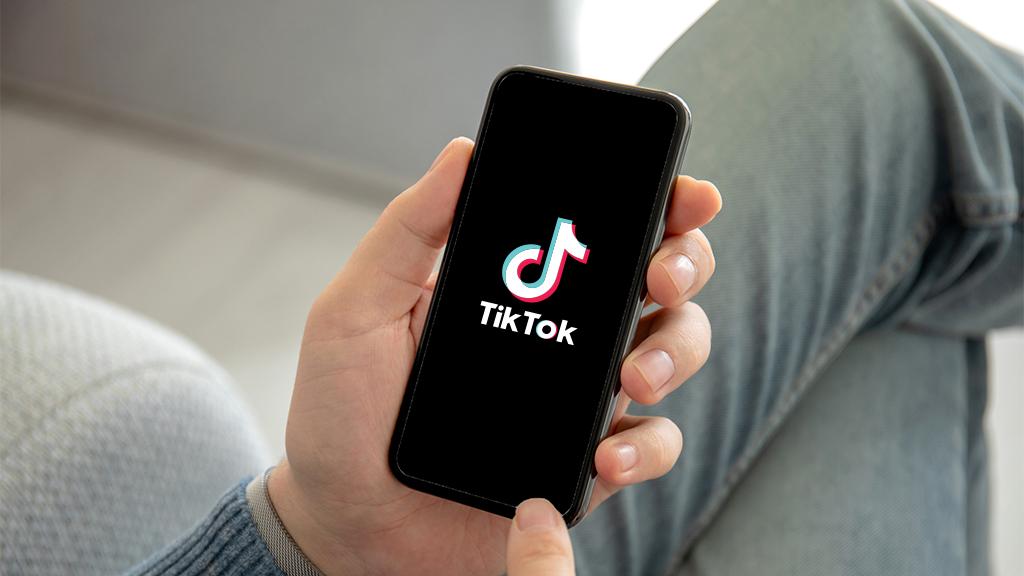The European Union has launched a formal investigation into possible online content breaches by TikTok, including content rules safeguarding children. The EU's executive arm, the European Commission, said it had opened official proceedings against the Chinese-owned short video platform over a potential breach of the Digital Services Act (DSA). EU industry chief Thierry Breton in an X post on Monday said he took the decision after analysing the short video app's risk assessment report and its replies to requests for information. He said protection of children was a "top enforcement priority" for the DSA. “As a platform that reaches millions of children and teenagers, TikTok must fully comply with the DSA and has a particular role to play in the protection of minors online,” Breton said. “We are launching this formal infringement proceeding today to ensure that proportionate action is taken to protect the physical and emotional well-being of young Europeans. We must spare no effort to protect our children.”
The European Union's Digital Services Act (DSA), which has applied to all online platforms since February 17, requires in particular very large online platforms and search engines to do more to tackle illegal online content and risks to public security.
TikTok's owner, China-based ByteDance, could face fines of up to 6% of its global turnover if TikTok is found guilty of breaching DSA rules.
TikTok said it would continue to work with experts and the industry to protect and keep young people on its platform safe and that it looked forward to explaining this work in detail to the European Commission.
The European Commission while giving details of the probe, in a statement released on Monday, said the proceedings will be based on the following:
“The compliance with the DSA obligations related to the assessment and mitigation of systemic risks, in terms of actual or foreseeable negative effects stemming from the design of TikTok’s system, including algorithmic systems, that may stimulate behavioural addictions and/or create so-called ‘rabbit hole effects.
“Such assessment is required to counter potential risks for the exercise of the fundamental right to the person’s physical and mental well-being, the respect of the rights of the child as well as its impact on radicalization processes.
Furthermore, the mitigation measures in place in this respect, notably age verification tools used by TikTok to prevent access by minors to inappropriate content, may not be reasonable, proportionate, and effective;
“The compliance with DSA obligations to put in place appropriate and proportionate measures to ensure a high level of privacy, safety, and security for minors, particularly concerning default privacy settings for minors as part of the design and functioning of their recommender systems;
“The compliance with DSA obligations to provide a searchable and reliable repository for advertisements presented on TikTok;
“The measures taken by TikTok to increase the transparency of its platform. The investigation concerns suspected shortcomings in giving researchers access to TikTok’s publicly accessible data as mandated by Article 40 of the DSA.”
A TikTok spokesperson while reacting to the development said "TikTok has pioneered features and settings to protect teens and keep under 13s off the platform, issues the whole industry is grappling with," The European Commission said the investigation will focus on the design of TikTok's system, including algorithmic systems which may stimulate behavioural addictions and/or create so-called 'rabit hole effects'.
It will also probe whether TikTok has put in place appropriate and proportionate measures to ensure a high level of privacy, safety, and security for minors. As well as the issue of protecting minors, the Commission is looking at whether TikTok provides a reliable database on advertisements on its platform so that researchers can scrutinise potential online risks.



















